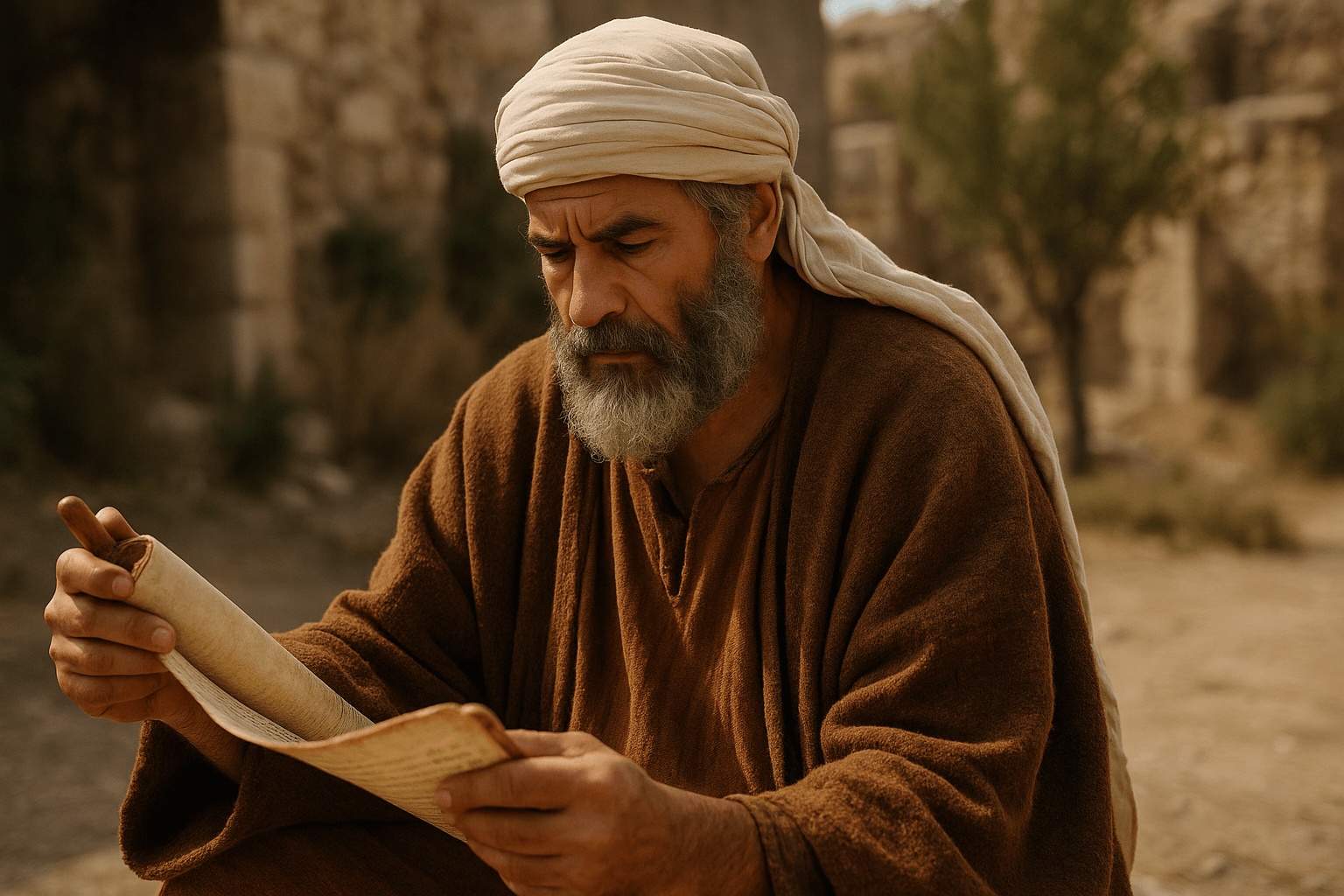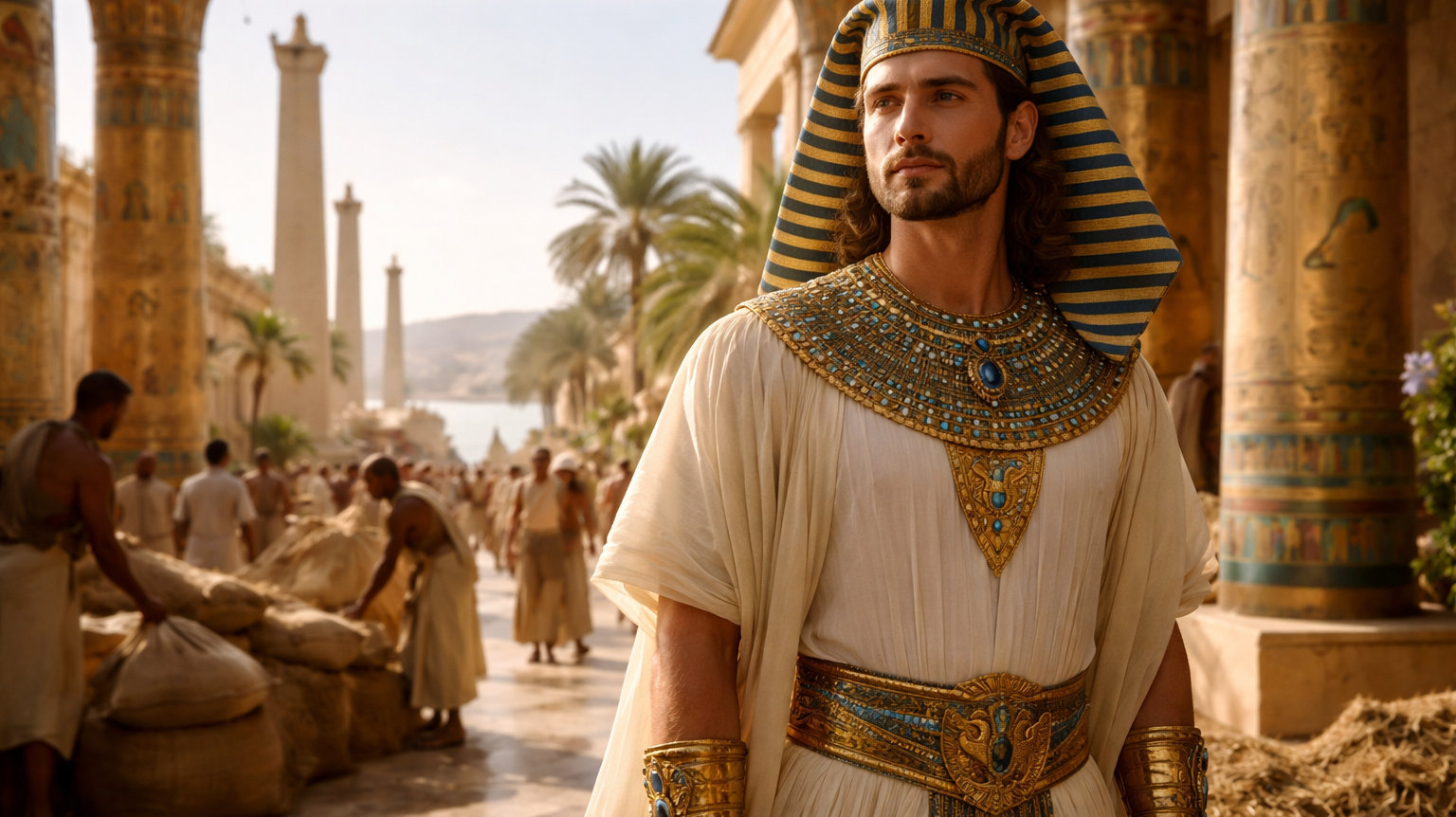Zephaniah, one of the twelve minor prophets in the Old Testament, is often overlooked but holds powerful messages. His book is a call to repentance, warning of judgment but also promising hope. Below are ten fascinating facts about Zephaniah, each backed with Scripture references.
1. Zephaniah's Background and Lineage
Zephaniah is one of the few prophets in the Bible whose genealogy is traced in detail. His lineage is introduced in the opening verse of the book:
"The word of the Lord that came to Zephaniah son of Cushi, the son of Gedaliah, the son of Amariah, the son of Hezekiah." (Zephaniah 1:1)
This shows that Zephaniah was of royal descent, with his great-great-grandfather Hezekiah possibly being the king of Judah. This gives him a unique connection to the monarchy, which may have influenced his message.
2. Prophecy During the Reign of King Josiah
Zephaniah prophesied during the reign of King Josiah of Judah, a time of religious reform and national turmoil. Josiah's reign was marked by his efforts to eliminate idol worship and return the people to the worship of the one true God.
Zephaniah’s ministry coincided with Josiah's reign (640–609 BC), and his prophecies urged the people to continue their repentance and avoid the wrath of God.
3. Zephaniah's Focus on Judgment
The primary theme of Zephaniah’s prophecy is the coming judgment of God upon the nations and the people of Judah. He paints a bleak picture of the day of the Lord, a time of reckoning for the wicked:
"That day will be a day of wrath, a day of distress and anguish, a day of trouble and ruin, a day of darkness and gloom, a day of clouds and blackness." (Zephaniah 1:15)
Zephaniah’s strong language emphasizes the seriousness of this judgment.
4. A Warning to the Nations
While Zephaniah focuses heavily on Judah, he also issues prophecies against surrounding nations, including Philistia, Moab, Ammon, Cush, and Assyria. Each of these nations faces judgment for their idolatry and wickedness:
"I will stretch out my hand against the Philistines and destroy the remnant of the coastland of Caphtor." (Zephaniah 2:4)
Zephaniah’s message is clear: God's judgment is not just for Israel, but for all nations.
5. The Promise of Restoration
Despite the heavy focus on judgment, Zephaniah also brings a message of hope. God promises to restore a faithful remnant after the judgment has passed. This remnant will be a purified people, who will live in peace with God:
"Then I will purify the lips of the peoples, that all of them may call on the name of the Lord and serve him shoulder to shoulder." (Zephaniah 3:9)
This shows that Zephaniah’s prophecy is not just about punishment, but also about renewal and redemption.
6. The Joyful Future of the Remnant
In contrast to the coming judgment, Zephaniah paints a picture of joy for those who remain faithful. He speaks of a day when God will delight in His people:
"The Lord your God is with you, the Mighty Warrior who saves. He will take great delight in you; in his love he will no longer rebuke you, but will rejoice over you with singing." (Zephaniah 3:17)
This verse is one of the most beautiful promises in Zephaniah, showing that God will not only save His people but will also joyfully embrace them.
7. Zephaniah's Call to Repentance
Zephaniah’s message includes a strong call to repentance. He urges the people of Judah to seek the Lord before it is too late:
"Seek the Lord, all you humble of the land, you who do what he commands. Seek righteousness, seek humility; perhaps you will be sheltered on the day of the Lord’s anger." (Zephaniah 2:3)
This highlights Zephaniah’s desire for the people to turn back to God before the impending judgment.
8. A Message for the Poor and Humble
Zephaniah’s prophecy contains a special word of hope for the humble and the poor in spirit. These people will find refuge in the Lord:
"The humble will seek refuge in the name of the Lord." (Zephaniah 3:12)
This emphasizes God’s care for the oppressed and His desire to lift up those who humble themselves before Him.
9. Zephaniah's Vision of the "Day of the Lord"
Zephaniah’s vivid description of the "Day of the Lord" is one of the most well-known aspects of his prophecy. It is a time of judgment, but it is also a time when the righteous will be saved and will rejoice:
"Sing, Daughter Zion; shout aloud, Israel! Be glad and rejoice with all your heart, Daughter Jerusalem!" (Zephaniah 3:14)
This "Day" will bring both destruction for the wicked and joy for the faithful.
10. The Universal Scope of God's Judgment
Zephaniah’s prophecy makes it clear that God's judgment extends beyond Judah. All the nations are accountable to God, and they must turn from their wicked ways:
"At that time I will deal with all who oppressed you. I will rescue the lame; I will gather the exiles. I will give them praise and honor in every land where they have suffered shame." (Zephaniah 3:19)
This speaks to God’s sovereignty over all nations and His desire for all people to turn to Him.
























